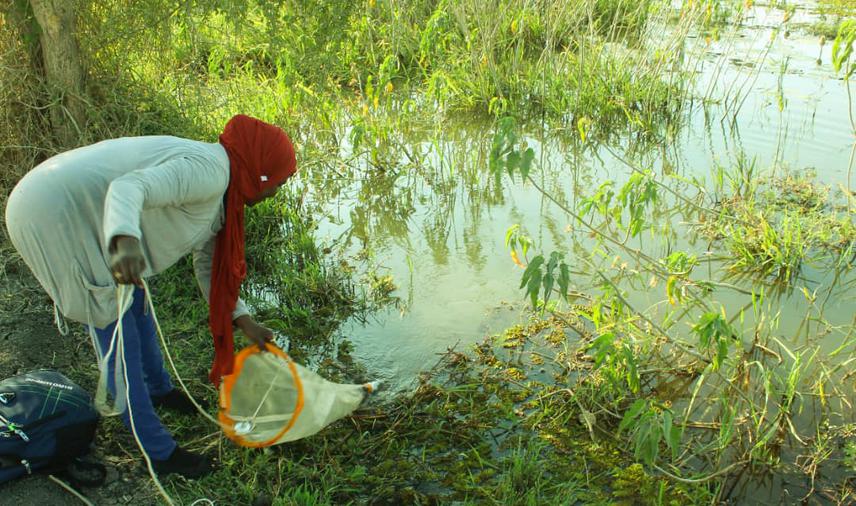Marwa Elhaj
The aim of the study is to develop an innovative biomonitoring water quality tool through collection and identification of macroinvertebrates inhabiting the White Nile River.
To assess the physicochemical variables of the White Nile watershed areas, for the development of an inventory of the taxonomic groups of macroinvertebrates in the selected sites of the White Nile watershed areas.
To describe the various functional feeding groups of macroinvertebrates in the selected sites of the White Nile River watershed areas.
I also aim to assess the integrity of the selected rivers in the he White Nile River watershed areas, and identify those macroinvertebrates in the White Nile River that have the potential applicability as biological water monitors.

The project will be done on the White Nile River of the Sudan during the period from January to December 2019. The project’s aim it is to make use of the diversity of a specific guild community of macroinvertebrate as a biological indicator of water quality.
The study will be carried out on a number of species associated with Blue Nile, the sample will be selected from the natural forest, agriculture, human settlements, and industrial area using GPS to locate each sites and to record the geographical coordinates. The identity of macroinvertebrates according to the general features.
The study will analysis water quality of White Nile River in different sites and will work with the co-operation with the local community and will raise public awareness on the importance of water quality and it will help people to understand the value of healthy river water and help educate them in controlling and minimizing the occurrence of carriers of waterborne diseases, and in the monitoring of pollution and contaminates in the White Nile River.